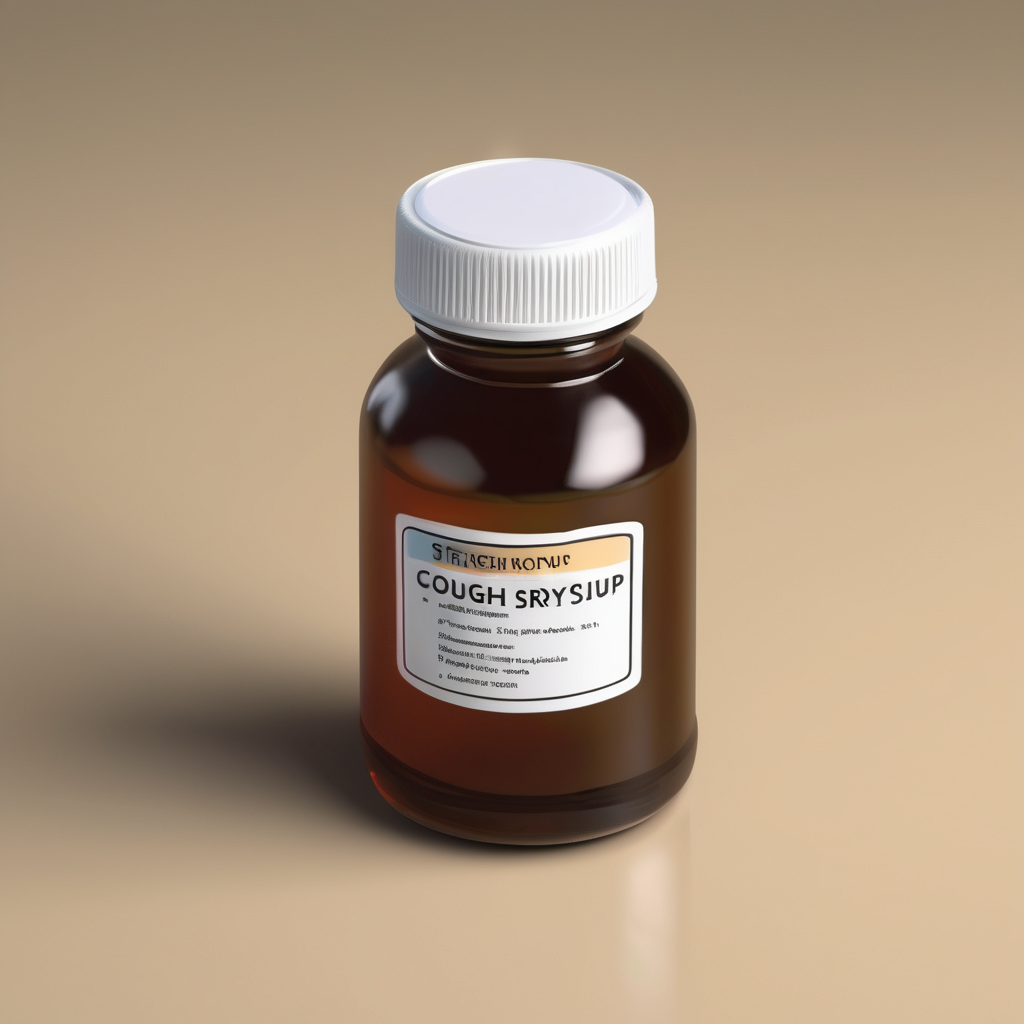The World Health Organization (WHO) has issued a critical health advisory regarding three contaminated cough syrups produced in India, urging health authorities worldwide to be vigilant and report any findings of these products. The syrups in question include certain batches of Coldrif from Sresan Pharmaceutical, Respifresh TR from Rednex Pharmaceuticals, and ReLife from Shape Pharma.
The WHO has raised alarms about the significant health risks posed by these contaminated syrups, which may lead to severe, potentially life-threatening conditions, particularly affecting vulnerable populations such as young children. The Central Drugs Standard Control Organization (CDSCO) in India reported that these syrups were consumed by children under five, resulting in tragic fatalities in Chhindwara city, Madhya Pradesh. Laboratory tests revealed that the cough medicines contained toxic diethylene glycol at levels nearly 500 times greater than the allowable limit.
In light of the situation, the CDSCO has reassured the public that no defective syrups have been exported from India and that there is currently no evidence of illegal exports. The U.S. Food and Drug Administration (FDA) also confirmed that these dangerous cough syrups have not reached the United States.
This warning is reminiscent of earlier public health concerns, such as the recent whooping cough outbreak reported in Samoa, which focused on increased cases primarily among infants. These incidents highlight the need for heightened vigilance regarding product safety and public health standards. They reflect a broader challenge that health authorities face, particularly when contaminated substances are involved, necessitating immediate attention and proactive measures.
By raising awareness and bolstering regulatory frameworks, health agencies can enhance community protection and mitigate such health risks in the future. Emphasizing the importance of monitoring safety protocols is crucial for safeguarding public health, especially for vulnerable groups like children. Continued public health initiatives and community education are essential to prevent future tragedies and build a healthier landscape for upcoming generations.
